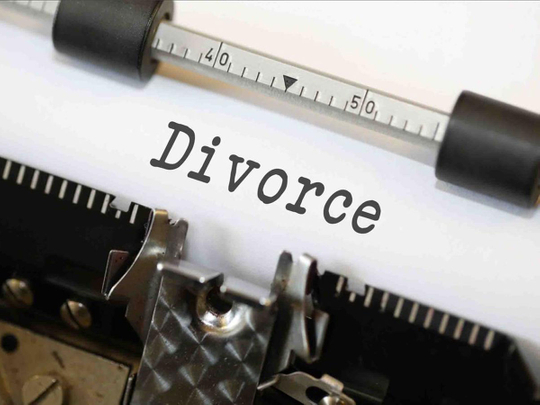A girl in UAE asks: In case of divorce, till what age can I preserve custody of my youngsters?
Under the UAE Divorce Act, unless the interests of the foster child require otherwise, if the child is mentally ill or has a disability, caring for a woman will continue.
Photo credit: Creative Commons
Custody and alimony
Question: I am a Muslim woman who is married to a Muslim man. I had a fight with my husband and I want to divorce him because it is impossible to live with him. I have a 12 year old son and a 14 year old daughter from him. My question is, in the event of a divorce, will I have the right under Sharia law to seek custody of my children and up to what age? Is it possible to claim maintenance?
Reply: Article (156) of the UAE Law on Personal Status provides:
(1) A woman’s right to care for a child expires on reaching the age of 11 if he is male and 13 if he is female, unless the court considers that the extension this age limit to the age of maturity, z the man and until her marriage for the woman is in his / her best interest.
2. Unless the interests of the foster child dictate otherwise, a woman will continue to be cared for if the child is mentally ill or has a disabling disease.
You have the right to seek custody of the children and to leave the decision to the court based on the interests of the children. The court may decide to extend this age limit in the interest of the child in relation to a male child until reaching puberty and for a female child until marriage if there is an additional real interest that requires an extension of the custody of the mother. Its discretion is subject to the jurisdiction of the court.
The extent of custody is also determined in each case in the interests of the child, even if this is contrary to the interests of the guardian, since the child’s right to care and protection is more important than the guardian’s right.
The Dubai courts ruled that custody is an inherent right of a mother even without the mother’s request, and that this right is established for her from the child’s birth date and up to the date set for the mother’s expiration custody under Article 156 of the law if the male child is 11 years old and the female child is 13 years old, unless the court decides to extend that age for the good of the child and until the male child reaches the age of maturity and the female child get married ‘. (In Cassation No. 363/2020, Personal Status.)
As of Article 67, you have applied for maintenance payments from the date on which the husband failed to pay and for a maximum period of three years.
Maintenance to the wife is due from the point in time at which payment is neglected when due as a debt to the husband – regardless of a court judgment or a court agreement. It only expires upon payment or discharge.
Collection of a bad debt
Question: I gave someone a loan, but there is no written evidence of this. I only have a copy of the check I gave the money on. More than two years have passed since then, but the debtor does not want to repay the amount. How can I act lawfully to enforce my rights when I only have a copy of the check and the debtor refused to even accept the fact that it was a debt at all?
Reply: You must file a lawsuit in the civil courts and ask the debtor to repay the amount paid based on the copy of the check.
As a creditor, you must prove that you have paid the amount to or on his behalf with all supporting evidence, such as:
a) Written documents including emails, WhatsApp messages … etc.
d) Eyewitness reports and expertise
As a general principal, the plaintiff must demonstrate his right and the defendant must refute it under Article 1 of the Civil and Commercial Transactions Evidence Act. For example, you will need to provide the bank evidence and prove that this amount was not intended for a working relationship between you and the debtor. You can get the testimony of anyone who knows about this loan and you can ask the person to swear it … etc.
The court has full power to examine and weigh up the evidence and documents presented in connection with the lawsuit and to extract what it considers to be the reality in the present case. (As decided in court in Cassation No. 179/2020, Real Estate.)


Comments are closed.